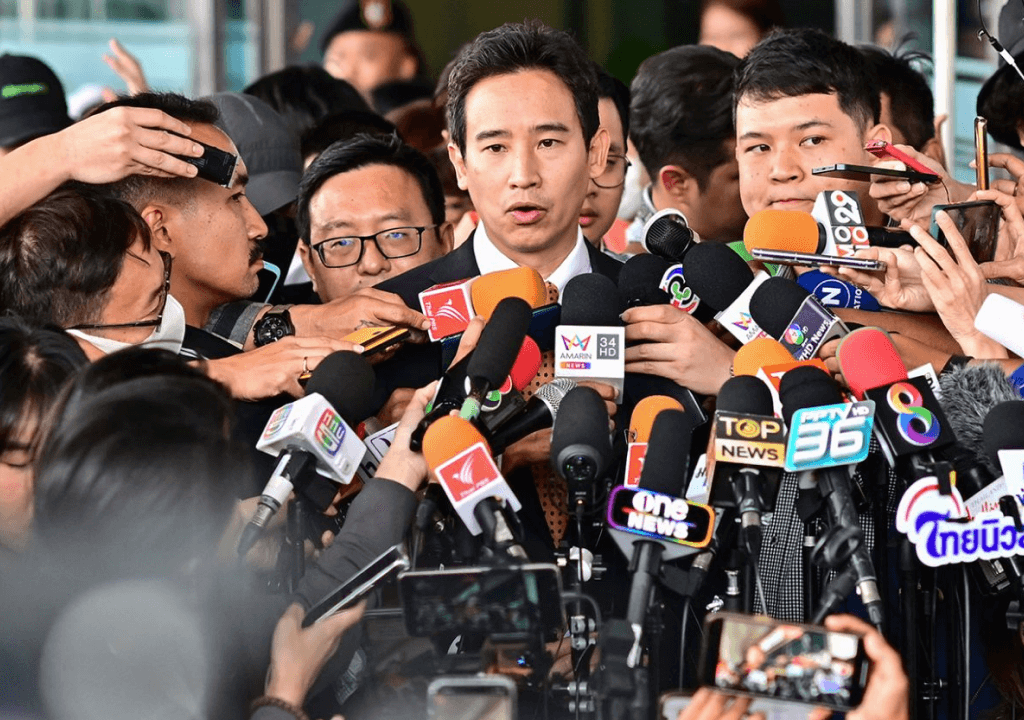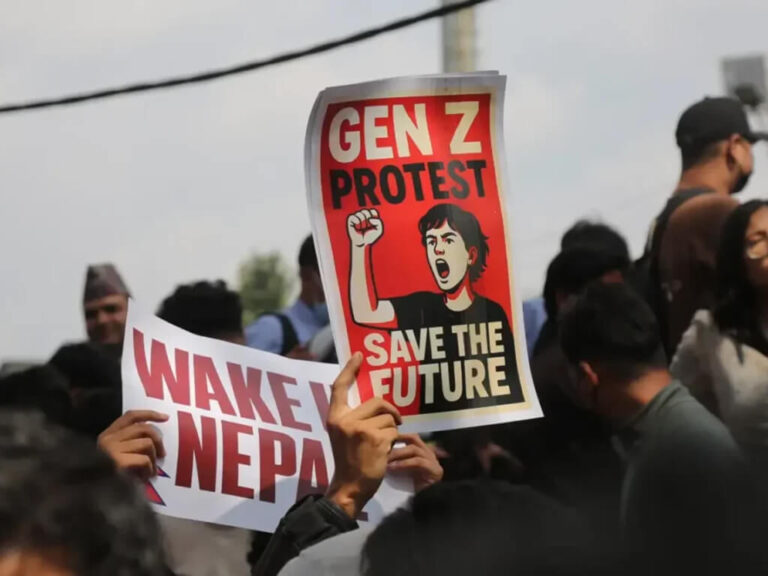The electoral success of Pita’s progressive Move Forward party in the previous year underscored a notable yearning for change among Thai voters following nearly a decade of military-controlled rule. Despite this victory, Pita encountered obstacles, being denied the role of prime minister and facing multiple charges that jeopardized his parliamentary position.
In a ruling issued on Wednesday, Thailand’s Constitutional Court concluded that Pita Limjaroenrat, despite being prevented from assuming the role of prime minister, did not breach election laws and is entitled to retain his parliamentary seat. The suspension from the legislature had stemmed from accusations of violating the law by owning shares in a media company. However, the court accepted Pita’s argument that ITV was not actively involved in media operations. Electoral rules explicitly prohibit political candidates from holding shares in any media company during the registration for an election.
In a noteworthy legal development, a panel of nine judges ruled 8-1 in favor of Pita Limjaroenrat on Wednesday. The court determined that Pita’s ownership of shares in ITV, a company connected to a defunct independent television station, did not violate Article 98 of the constitution since ITV was not engaged in media businesses. Consequently, Pita’s parliamentary status remained unaffected. Expressing his satisfaction, Pita declared, “I’m happy and will continue working as planned” following the verdict.
Outside the court, approximately 40 supporters, holding signs and flowers, enthusiastically cheered for Pita as he emerged. Jiraporn Bussawaket, a 76-year-old supporter, remarked, “There is justice for the people. Initially, I didn’t trust the court, but now I see justice.” However, Pita still confronts another legal challenge scheduled for January 31. In this case, he and his party are accused of attempting to undermine Thailand’s government system by proposing an amendment to the law prohibiting defamation of the royal family, known as lese-majeste. This law carries a severe penalty of up to 15 years in prison and is often criticized as a political weapon. Given the monarchy’s significant role in Thai identity, any proposed amendments to related laws are deemed sensitive.
Since 2020, more than 260 individuals, including children, have been subjected to prosecution under the lese-majeste law. This surge in legal actions has primarily occurred in the backdrop of youth-led protests advocating for comprehensive reforms to the monarchy, with a particular focus on abolishing the lese-majesty law. In a recent development, an individual received a 50-year prison sentence for criticizing the monarchy, marking the most extended sentence for this offence, as reported by Thai Lawyers for Human Rights.
The precursor to the Move Forward Party, the Future Forward Party, faced dissolution through a constitutional court ruling in 2020 due to violations of funding rules. Furthermore, its former leader, Thanathorn Juangroongruangkit, was disqualified as a Member of Parliament for holding shares in a media company—a case he argued was politically motivated.
Critics contend that these legal challenges against Pita Limjaroenrat and his party reflect tactics employed by the ruling conservative establishment. The approach involves sidelining political rivals through legal proceedings and nominally independent state agencies. The Move Forward Party’s forerunner, the Future Forward Party, encountered dissolution through a Constitutional Court ruling in 2020, reinforcing concerns about the politicization of legal processes.
Pita, alongside the Move Forward Party, is currently confronting an additional complaint that alleges their intention to amend lese-majesty—a law prohibiting criticism of the royal family—is perceived as an effort to undermine the constitutional monarchy. The court is slated to announce its verdict in this case next week. If the ruling goes unfavorably for Move Forward, the party may be directed to abandon its commitment to altering the law.
When questioned about his sentiments leading up to the impending verdict on January 31, Pita expressed confidence, highlighting the factual and legal foundation of their case. Move Forward’s advocacy for reforming lese-majesty played a pivotal role in the military-appointed senate’s decision to thwart Pita’s candidacy for the prime minister’s position last year, ultimately leading his party into the opposition.
Despite encountering challenges, Pita Limjaroenrat and the Move Forward Party persist in retaining strong public backing. Their supporters condemn the legal cases as tactics orchestrated by the establishment to undermine political opposition. Eager to resume parliamentary duties at the earliest opportunity, Pita expressed the need for official permission. He reaffirmed his dedication to serving the people and outlined immediate plans, including a press conference to discuss Move Forward’s future agenda. Pita shared these details with reporters, underscoring his unwavering commitment to the public.








